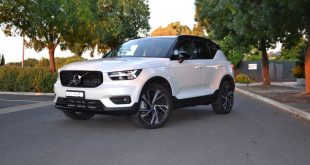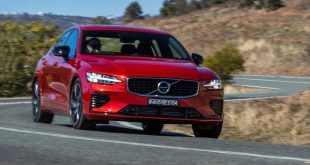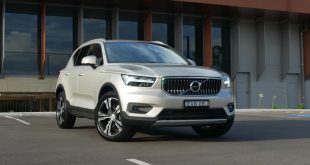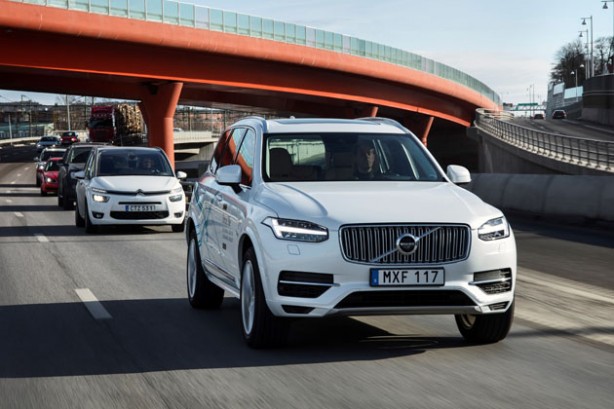
Volvo is to begin a large scale autonomous driving trial next year in the United Kingdom as part of the company’s global program to speed up the introduction of a technology that promises to massively reduce car accidents as well as free up congested roads and save drivers valuable time.
The Swedish premium car maker, whose name is synonymous with automotive safety ever since it invented the three point seat belt in 1959, is pioneering the development of autonomous driving systems globally as part of its commitment that no one will be seriously injured or killed in a new Volvo by the year 2020.
“Autonomous driving represents a leap forward in car safety,” said Håkan Samuelsson, president and chief executive. “The sooner AD cars are on the roads, the sooner lives will start being saved.”
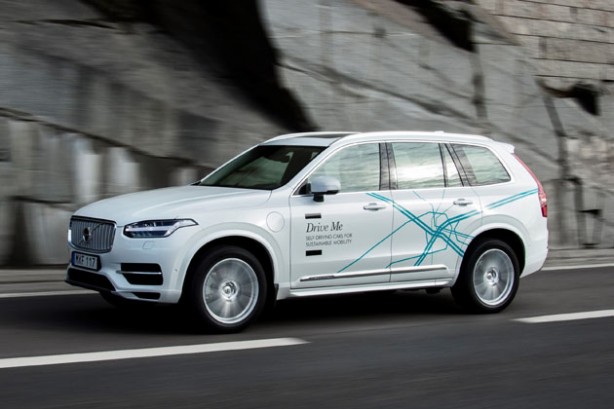
Volvo’s UK-based test will be called ‘Drive Me London’ and will differentiate itself from other AD programmes by using real families driving AD cars on public roads.
Volvo will source its data from these everyday users and use this data to develop AD cars that are suitable for real world driving conditions, rather than the more unrealistic conditions found on test tracks. Thatcham Research, the insurance industry’s research organisation, will be providing the technical data analysis and any professional test drivers needed as part of the trial.
Drive Me London will begin in early 2017 with a limited number of semi-autonomous driving cars and expand in 2018 to include up to 100 AD cars, making it the largest and most extensive AD testing programme on Britain’s streets.
The introduction of AD cars promises to revolutionise Britain’s roads in four main areas – safety, congestion, pollution and time saving.
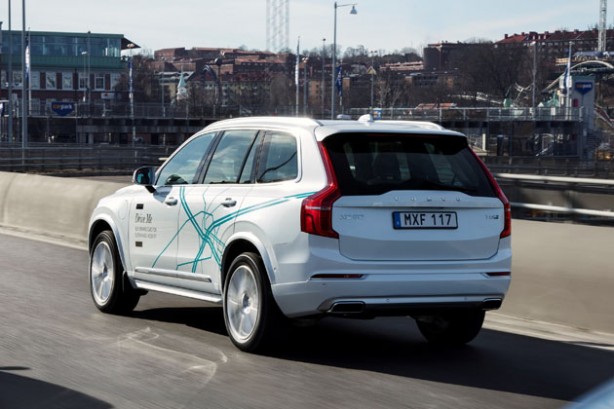
Independent research has revealed that AD has the potential to reduce the number of car accidents very significantly, in some cases by up to 30 per cent. Up to 90 per cent of all accidents are presently caused by driver error or distraction, something that should largely disappear with AD cars.
In terms of congestion, AD cars allow traffic to move more smoothly, reducing traffic jams and by extension cutting dangerous emissions and associated pollution. Lastly, reduced congestion saves drivers valuable time.
“There are multiple benefits to AD cars,” said Mr Samuelsson. “That is why governments globally need to put in place the legislation and infrastructure to allow AD cars onto the streets as soon as possible. The car industry cannot do it all by itself. We need governmental help.”
 ForceGT.com Car News, Car Reviews, Video Reviews, Tuning and much more.
ForceGT.com Car News, Car Reviews, Video Reviews, Tuning and much more. 